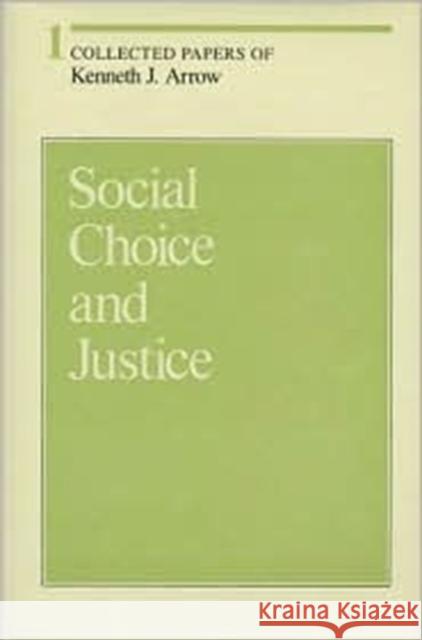Collected Papers of Kenneth J. Arrow » książka
Collected Papers of Kenneth J. Arrow
ISBN-13: 9780674137608 / Angielski / Twarda / 1984 / 240 str.
Collected Papers of Kenneth J. Arrow
ISBN-13: 9780674137608 / Angielski / Twarda / 1984 / 240 str.
(netto: 476,04 VAT: 5%)
Najniższa cena z 30 dni: 498,81
ok. 30 dni roboczych.
Darmowa dostawa!
Unlike the papers of some other great economists, those of Kenneth Arrow are being read and studied today with even greater care and attention than when they first appeared in the journals. The publication of his collected papers will therefore be welcomed by economists and other social scientists and in particular by graduate students, who can draw from them the deep knowledge and the discernment in selection of scientific problems that only a master can offer. The author has added headnotes to certain well-known papers, describing how he came to write them.In this first volume, Arrow takes up the basic question of whether collective choices can be made in such a way as to reflect individual preferences. The seminal 1950 paper that opens the volume shows that given certain reasonable conditions that social choices must satisfy to reflect individual preferences, it is impossible to make a choice among all sets of alternatives without violating some of the conditions. The subsequent papers extend, deepen, and clarify these results and examine the concept of justice, both in the abstract and in economic models. The volume also contains searching critiques of the theories of justice of John Rawls and Robert Nozick.











